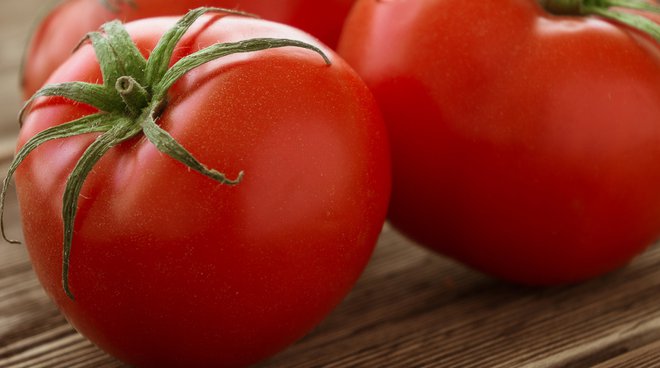Healthy and Sustainable
BEWARE OF SALT
If you exaggerate with salt, your pressure goes up! Sodium chloride, commonly known as kitchen salt, contains an essential element for our body

If you exaggerate with salt, your pressure goes up!
Sodium chloride, commonly known as kitchen salt, contains an essential element for our body: sodium.
An excess or shortage of it can create harmful imbalances, and since sodium is present in many foods the recommendation is not to exceed its consumption.
Sodium cannot be synthesized by our body and needs to be reintegrated daily for physiological loss through sweat or urine.
Too much sodium can cause stomach disease and even cancer, lead to early atherosclerosis, hence the increase in blood pressure in individuals which are prone to it and, in the long run, can also increase the risk of events such as strokes and heart attacks.
Another possible consequence of excess sodium is water retention, with temporary increase in weight, not connected with a real increase in fat mass, and blemishes like cellulite. Those who have to keep weight and pressure under control should definitely limit their intake of salt or use low-sodium salt.
One gram of salt contains 0.4 g of sodium. Iodized salt, useful for the thyroid if you live in areas where the water contains little or even no iodine, contains a bit more. The recommended sodium intake according to food safety bodies is an average of between 1,500 mg and 2,400 mg per day, for both females and males. This equates to 4 g or 6 g of salt.
People over 60 must be more careful, and great care must also be taken when salting food given to children ranging from the age of infants up to adolescents. Mothers should not salt their children's food according to their own taste; it is best not to salt infant’s food during the weaning phase in order to get the child used to the taste of foods which are already salted (sodium) in nature, like chicken, meat, vegetables and even milk, besides cured meats and preserved products in general.
Re-educating the palate as an adult is more difficult because habit plays an important role in the perception of tastes: dishes with little salt seem tasteless, while they actually show the real taste of the ingredients used.
To rediscover their tastes we recommend reducing the quantity of salt gradually. Try replacing salt with spices and other herbs, choosing from our own (like basil, rosemary, oregano, sage, chili pepper) or oriental ones (pepper, curry, turmeric, cumin, nutmeg).
It is better not to use flavor enhancers because they are mostly made of salt.
Sodium is present in many foods: 100g of cured meat contain between 800 and 1800g of sodium, 100g of aged cheese 600mg, 100g of chicken 62 mg, 100g of tomatoes contain just 6 mg of sodium! Conclusion?
The Mediterranean diet, with its intake of fruit and vegetables, comes to our aid yet again!
Low-sodium foods are precisely the fresh ones which are not preserved (in cans), so: add little salt to cooking water, never have it on the table, reduce the use of preserved or canned products to a minimum and eat savory bread.
Yes: you just need to take salt with a pinch of attention!
The contents of this article are in accordance with the parameters set out by the European Food Safety Authority - EFSA.
NEWS
ALSO IN FOOD TRENDS
Healthy and Sustainable
Health and tomatoes: low-calorie recipes
Integrating low-calorie recipes into your diet is essential for anyone aspiring to maintain a healthy, balanced lifestyle. In this context, the tomato stands out as an ingredient known both for its nutritional value and versatility in cooking.
Healthy and Sustainable
What to add to puree? The right sauce for every taste
Tomato sauce is a classic of Italian cuisine and, starting with the basic recipe made with sautéed onion and basil, this delicious sauce can give you unforgettable moments of flavor!
Healthy and Sustainable
Recipes with grains for a cool summer
Four delicious recipes with grains, excellent also chilled, for a cool summer.


